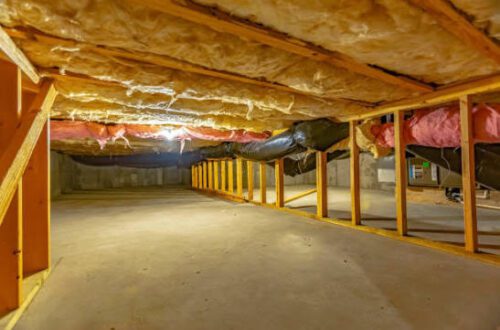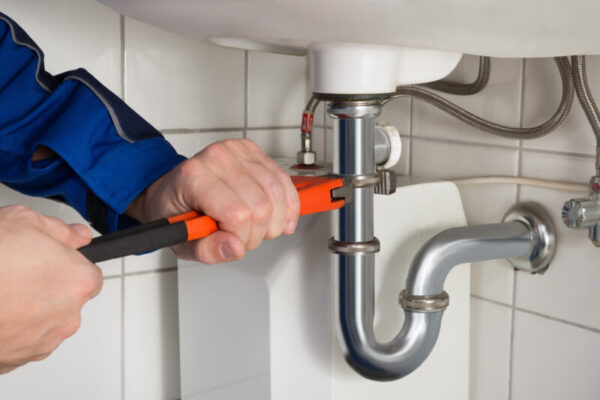Did you know that a septic system can last more than a decade?
Though a septic system can last for so long, there are some mistakes you can make during the maintenance process. Doing so can have an immediate effect on your system.
After a certain amount of use, maintaining a home’s septic system is an ongoing maintenance project. With regular service, your septic system can last an entire lifetime.
Below, we’ll go into common septic system maintenance mistakes you should avoid making at all costs. Keep reading to learn more!
Failure to Follow a Periodic Septic System Check
Failure to have the septic system inspected and pumped. Schedule pumping and inspection every three to five years, depending on the size of the system and the number of people using it.
Too Much Water Usage
Too much water can overload the system and cause it to fail. It is essential to use water efficiently and limit the water used, especially during peak times.
Flush only when necessary and limit the amount of laundry and dishes done throughout the day.
Use of Harsh Chemicals
These chemicals may work to clean your septic system, but they can also damage the system and cause it to break down. Use only gentle, eco-friendly cleaners on your septic system.
Additionally, avoid putting any chemicals down the drains leading to your septic system, as this can also damage the system.
Disposing of Oil and Grease Down the Drain
Pouring grease or oil down the drain is a typical septic system maintenance mistake. This can lead to clogs and septic system failure.
To avoid this, pour grease and oil into a container and dispose of it in the trash.
Improper Disposal of Medications and Hazardous Materials
Disposing of medications and other hazardous materials in the septic system is not a good practice. It will clog the septic system and/or contaminate the soil and groundwater. Following proper disposal procedures for medications and other hazardous materials is essential.
The best way to dispose of these products is to take them to a local collection facility or hazardous waste disposal site.
Failure to Care and Monitor the Drain Field
Failing to care for the drain field will prove costly. The drain field is the part of the system where wastewater treatment happens, and water is dispersed.
Improper care will cause it to become clogged and damaged, which can lead to costly repairs.
Be sure to have your drain field inspected and cleaned.
Overused Garbage Disposal Unit
Don’t overuse the garbage disposal unit. When this happens, the garbage disposal can clog the drain field and cause the system to back up.
To avoid this, only use the garbage disposal when necessary, and be sure to scrape all food scraps into the garbage can.
Flushing Anything Down the Toilet
You are flushing the wrong things down the toilet. It can include anything from feminine hygiene products to flushable wipes and paper towels. These items can clog up your septic system and cause it to malfunction.
Only flush human waste and toilet paper down the toilet.
Overloaded Septic System
Overloading the septic system with too much water. This can happen if you have a large family and everyone uses the bathroom or runs the dishwasher and washing machine all at the same time.
This can cause the septic system to overwork and break down. To avoid this, space out your water usage throughout the day and try to limit the amount of water you use at one time.
Strange Smell From the Drain
Ignoring strange smells coming from the drain. If you notice a foul smell coming from your drain, it’s important to take action immediately. This is usually a sign of a clog or blockage somewhere in the system.
Ignoring the problem will only worsen and lead to a septic system failure. To avoid this, reach out to your nearest septic professional or head to goebelseptic.com to schedule an inspection of your system.
Broken Pipes and Fixtures
Not fixing broken pipes and fixtures can lead to severe damage to the system and components and the system to fail. If you see any signs of a broken pipe or fixture, it is important to have it repaired immediately by a qualified septic professional.
Don’t Ignore the Warning Signs
Ignoring warning signs of septic system trouble. Some warning signs that your septic system may be in trouble include sewage or wastewater backup in your home, slow or clogged drains, toilets that flush slow or back up, and standing water in your yard near your septic system.
You should contact a septic system professional if you notice any warning signs. Have your system inspected and repaired if necessary.
Following a septic maintenance routine is always a good practice.
Lesson Learned: Avoid Common Septic System Maintenance Mistakes
A septic system is a critical part of a home, and it is important to understand how to maintain it to avoid common mistakes. Not understanding how the septic system works or maintaining it can result in expensive repairs or even complete system failure.
Some common septic system maintenance mistakes include not having the system inspected on a regular basis, not repairing leaks or cracks, and attempting to flush anything and everything down the drain.
Homeowners can avoid these septic system issues by educating themselves on how the system works and what proper maintenance entails.
If you’d like to read more about these topics, check out the rest of our blog.






